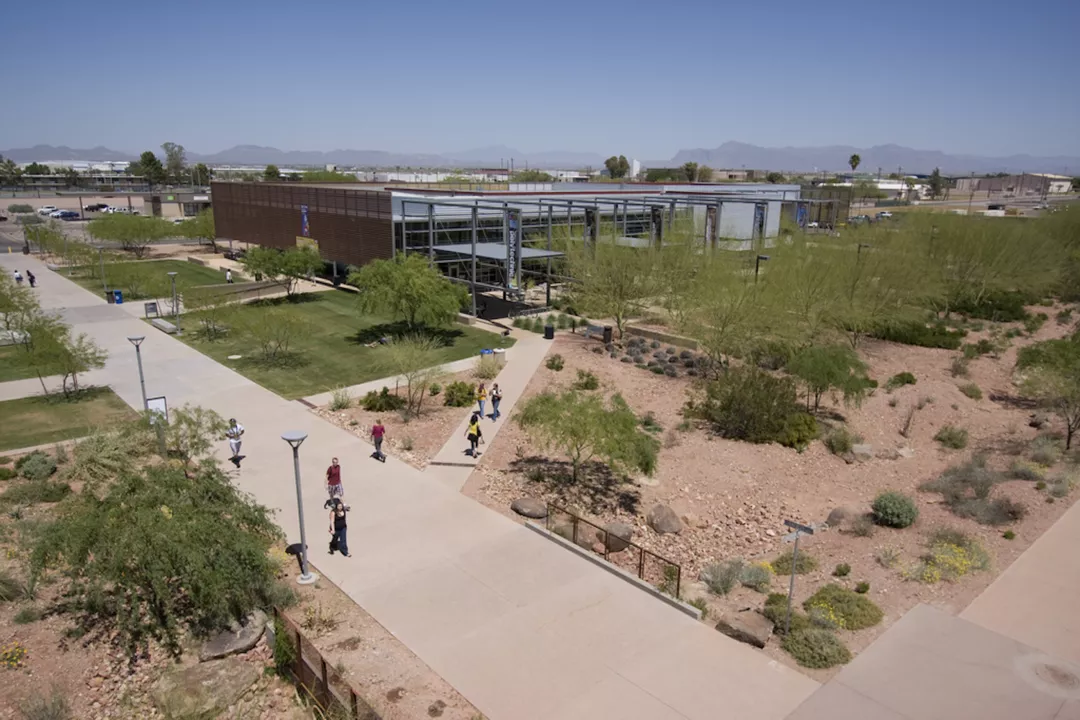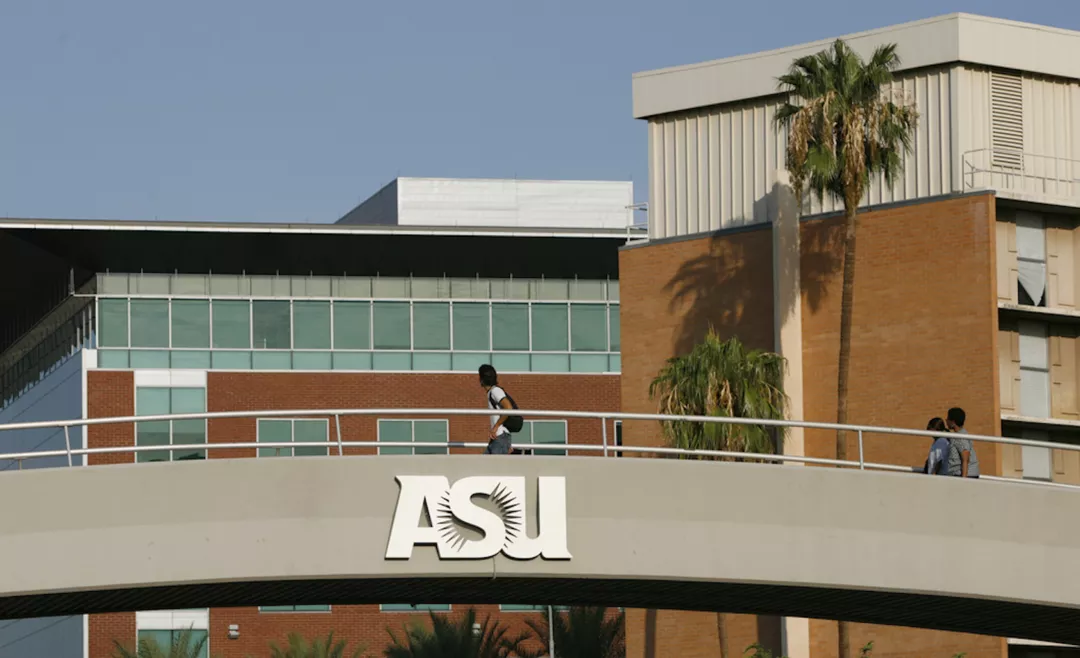-
hello@abroadcube.com
Mail us
-
Call For Help:
98779 83783
-
Whatsapp Us
70090 34921
In the MA program in music, faculty members provide and participate in multisensory learning experiences concerning forms and genres, performance practices, instruments, spaces, philosophies, musical infrastructures and geographic locations.
The faculty comprises leading scholars specializing in western and non-western music, particularly traditions in the Americas and Eastern Europe (Russia, Ukraine, USSR), and musics of the Middle East, Central Asia, Latin America, and Indonesia as well as Medieval music cultures, the long nineteenth century, jazz, music in popular cultures, musical modernism and experimentalism, intellectual property law, cultural policy, improvisation, sound studies, ecomusicology, dance and embodiment, and music's role in well-being.
The student must submit a final project that demonstrates advanced competence and professional capability in research and writing in musicology or ethnomusicology. The culminating project may be a thesis, a series of special papers or a written work of equivalent scope and depth.
| Level | Masters |
| Discipline | Fine Arts |
| Duration | 24 months |
| Intakes | Jan, Aug |
| Application Fees | USD 0 |
| Tuition Fees | USD 25200 |
| Campus | Tempe |
| Language proficiency (minimum) | |
| IELTS | 6.5 |
|---|---|
| TOEFL | 80 |
| PTE | 65 |
| Duolingo | 105 |
| Exam proficiency (minimum) | |
| SAT | Not Required / Waiver |
|---|---|
| ACT | Not Required / Waiver |
| GRE | Not Required / Waiver |
| GMAT | Not Required / Waiver |
Minimum GPA - 77%
QS Quacquarelli Symonds is the world’s leading provider of services, analytics, and insight to the global higher education sector, whose mission is to enable motivated people anywhere in the world to fulfil their potential through educational achievement, international mobility, and career development.
THE (Times Higher Education) has been providing trusted performance data on universities for students and their families, academics, university leaders, governments and industry, since 2004. We create university rankings to assess university performance on the global stage and to provide a resource for readers to understand the different missions and successes of higher education institutions.
The Academic Ranking of World Universities (ARWU) was first published in June 2003 by the Center for World-Class Universities (CWCU), Graduate School of Education (formerly the Institute of Higher Education) of Shanghai Jiao Tong University, China, and updated on an annual basis
The "Webometrics Ranking of World Universities" is an initiative of the Cybermetrics Lab, a research group belonging to the Consejo Superior de Investigaciones Científicas (CSIC), the largest public research body in Spain. CSIC is among the first basic research organizations in Europe. The CSIC consisted in 2006 of 126 centers and institutes distributed throughout Spain.





